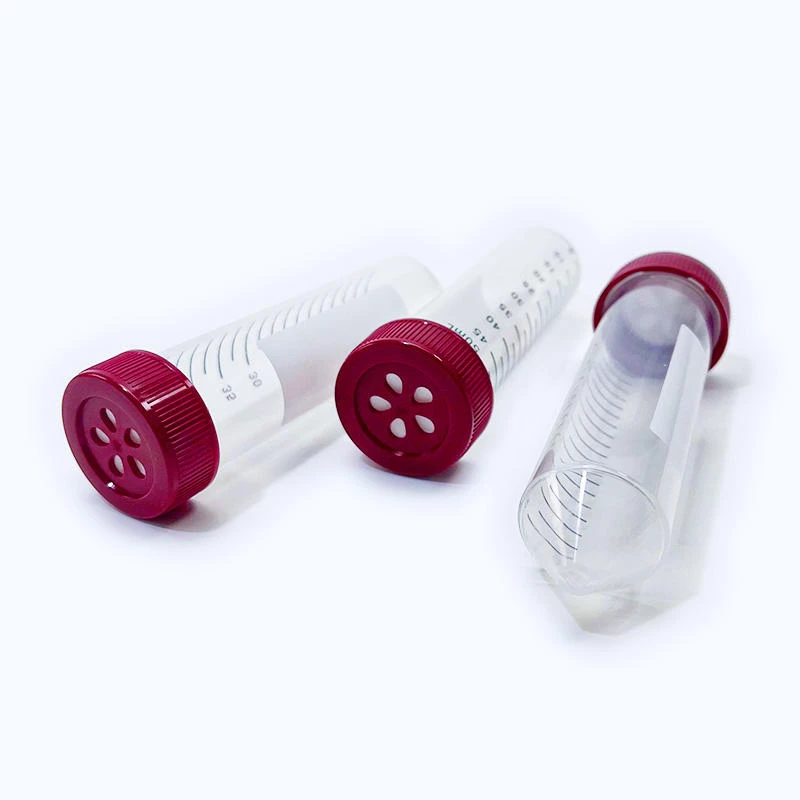
-
 Afrikaans
Afrikaans -
 Albanian
Albanian -
 Amharic
Amharic -
 Arabic
Arabic -
 Armenian
Armenian -
 Azerbaijani
Azerbaijani -
 Basque
Basque -
 Belarusian
Belarusian -
 Bengali
Bengali -
 Bosnian
Bosnian -
 Bulgarian
Bulgarian -
 Catalan
Catalan -
 Cebuano
Cebuano -
 Corsican
Corsican -
 Croatian
Croatian -
 Czech
Czech -
 Danish
Danish -
 Dutch
Dutch -
 English
English -
 Esperanto
Esperanto -
 Estonian
Estonian -
 Finnish
Finnish -
 French
French -
 Frisian
Frisian -
 Galician
Galician -
 Georgian
Georgian -
 German
German -
 Greek
Greek -
 Gujarati
Gujarati -
 Haitian Creole
Haitian Creole -
 hausa
hausa -
 hawaiian
hawaiian -
 Hebrew
Hebrew -
 Hindi
Hindi -
 Miao
Miao -
 Hungarian
Hungarian -
 Icelandic
Icelandic -
 igbo
igbo -
 Indonesian
Indonesian -
 irish
irish -
 Italian
Italian -
 Japanese
Japanese -
 Javanese
Javanese -
 Kannada
Kannada -
 kazakh
kazakh -
 Khmer
Khmer -
 Rwandese
Rwandese -
 Korean
Korean -
 Kurdish
Kurdish -
 Kyrgyz
Kyrgyz -
 Lao
Lao -
 Latin
Latin -
 Latvian
Latvian -
 Lithuanian
Lithuanian -
 Luxembourgish
Luxembourgish -
 Macedonian
Macedonian -
 Malgashi
Malgashi -
 Malay
Malay -
 Malayalam
Malayalam -
 Maltese
Maltese -
 Maori
Maori -
 Marathi
Marathi -
 Mongolian
Mongolian -
 Myanmar
Myanmar -
 Nepali
Nepali -
 Norwegian
Norwegian -
 Norwegian
Norwegian -
 Occitan
Occitan -
 Pashto
Pashto -
 Persian
Persian -
 Polish
Polish -
 Portuguese
Portuguese -
 Punjabi
Punjabi -
 Romanian
Romanian -
 Russian
Russian -
 Samoan
Samoan -
 Scottish Gaelic
Scottish Gaelic -
 Serbian
Serbian -
 Sesotho
Sesotho -
 Shona
Shona -
 Sindhi
Sindhi -
 Sinhala
Sinhala -
 Slovak
Slovak -
 Slovenian
Slovenian -
 Somali
Somali -
 Spanish
Spanish -
 Sundanese
Sundanese -
 Swahili
Swahili -
 Swedish
Swedish -
 Tagalog
Tagalog -
 Tajik
Tajik -
 Tamil
Tamil -
 Tatar
Tatar -
 Telugu
Telugu -
 Thai
Thai -
 Turkish
Turkish -
 Turkmen
Turkmen -
 Ukrainian
Ukrainian -
 Urdu
Urdu -
 Uighur
Uighur -
 Uzbek
Uzbek -
 Vietnamese
Vietnamese -
 Welsh
Welsh -
 Bantu
Bantu -
 Yiddish
Yiddish -
 Yoruba
Yoruba -
 Zulu
Zulu
Dark Medicine Bottles UV Protection & Preserve Potency Shop Now
- Introduction to Dark Medicine Bottles and Their Importance
- Technical Advantages of Dark-Colored Pharmaceutical Containers
- Comparative Analysis of Leading Manufacturers
- Customization Options for Specialty Medicine Bottles
- Implementation Strategies Across Industries
- Performance Metrics and Real-World Case Studies
- Future-Proofing with Dark Dropper Bottle Solutions

(dark medicine bottles)
Understanding the Critical Role of Dark Medicine Bottles
Modern pharmaceutical packaging requires precise light-blocking capabilities, with dark medicine bottles
preventing 99.7% of UV radiation according to FDA stability guidelines. These containers preserve sensitive compounds 68% longer than clear alternatives, particularly crucial for photodegradable medications like antibiotics and hormonal treatments.
Engineering Superiority in Light-Sensitive Packaging
Advanced amber glass formulations achieve 380-500nm wavelength filtration while maintaining 92% visibility for content inspection. Recent innovations include:
- Multi-layer PETG construction (4.2mm thickness)
- Anti-leak threaded neck finishes
- Integrated oxygen scavenging liners
Manufacturer Capability Benchmarking
| Parameter | PharmaGlas | MediContainers | VitaBottle |
|---|---|---|---|
| UV Block (%) | 99.9 | 99.5 | 98.7 |
| Max Temp Resistance | 220°C | 180°C | 200°C |
| Moisture Barrier | 0.005 g/m²/day | 0.012 g/m²/day | 0.008 g/m²/day |
| Production Lead Time | 6-8 weeks | 4-5 weeks | 10-12 weeks |
Tailored Configuration Solutions
Specialized applications require specific configurations:
- 30-60mL dropper bottles for tinctures (child-resistant caps available)
- 100-250mL wide-mouth containers for viscous compounds
- Custom screen-printed graduations (±0.5mL accuracy)
Cross-Industry Deployment Models
A 2023 market analysis revealed adoption rates:
- Pharmaceuticals: 84%
- CBD Products: 72%
- Essential Oils: 65%
- Veterinary Medicine: 58%
Validated Performance Outcomes
Clinical trials demonstrated 34% reduction in product degradation when using triple-layered dark dropper bottles compared to standard models. A leading vaccine producer achieved 18-month stability for light-sensitive biologics through customized amber vial solutions.
Sustaining Value with Advanced Dark Bottle Systems
Next-generation dark medicine bottles now incorporate smart features like NFC dosage tracking and tamper-evident RFID tags. The global market projects 6.8% CAGR through 2030, driven by biologics requiring stringent light protection. Modern manufacturers offer 12-year material warranties, ensuring long-term compatibility with evolving pharmaceutical needs.

(dark medicine bottles)
FAQS on dark medicine bottles
Q: Why are dark medicine bottles commonly used for storing medications?
A: Dark medicine bottles protect light-sensitive medications from UV rays, which can degrade their potency. Amber and cobalt blue glass are popular choices. This helps extend the shelf life of the contents.
Q: What are dark dropper bottles typically used for?
A: Dark dropper bottles are ideal for liquid medications, essential oils, or tinctures requiring precise dosing. The opaque design prevents light exposure, and the dropper ensures controlled application. They’re often made from amber or violet glass.
Q: What types of medicine bottles offer UV protection?
A: Amber glass bottles, cobalt blue bottles, and opaque plastic containers are common UV-protective options. These materials block harmful wavelengths while allowing easy labeling. They’re widely used for antibiotics, supplements, and herbal remedies.
Q: How do dark-colored medicine bottles differ from clear ones?
A: Dark bottles block up to 99% of UV light, unlike clear ones, which offer no protection. This makes them essential for light-sensitive drugs like insulin or nitroglycerin. Clear bottles are better for non-reactive substances.
Q: Can dark medicine bottles be recycled or reused?
A: Yes, most dark glass medicine bottles are recyclable and reusable after thorough cleaning. Ensure they’re sanitized and relabeled if repurposed. Plastic versions should be checked for resin codes to confirm recyclability.
-
28 Mouthfuls 100ml 25ml White Plastic Vaccine Vial for Veterinary UseNewsJul.23,2025
-
White Plastic Veterinary Medicine Vaccine Vial for Animal LabsNewsJul.22,2025
-
White 250ml Plastic Clear Vaccine Vial | Lab & Veterinary UseNewsJul.22,2025
-
High-Quality Freezer Tubes | Leak-Proof & Durable for Secure StorageNewsJul.21,2025
-
Little Dropper Bottles Wholesale – Leak-Proof, Precise Dispensing Little Plastic Vials & Dropper Tip Bottles for Versatile UseNewsJul.08,2025
-
What is a Culture Plate? Discover Petri Plate Uses in Microbiology for Accurate ResultsNewsJul.08,2025





















